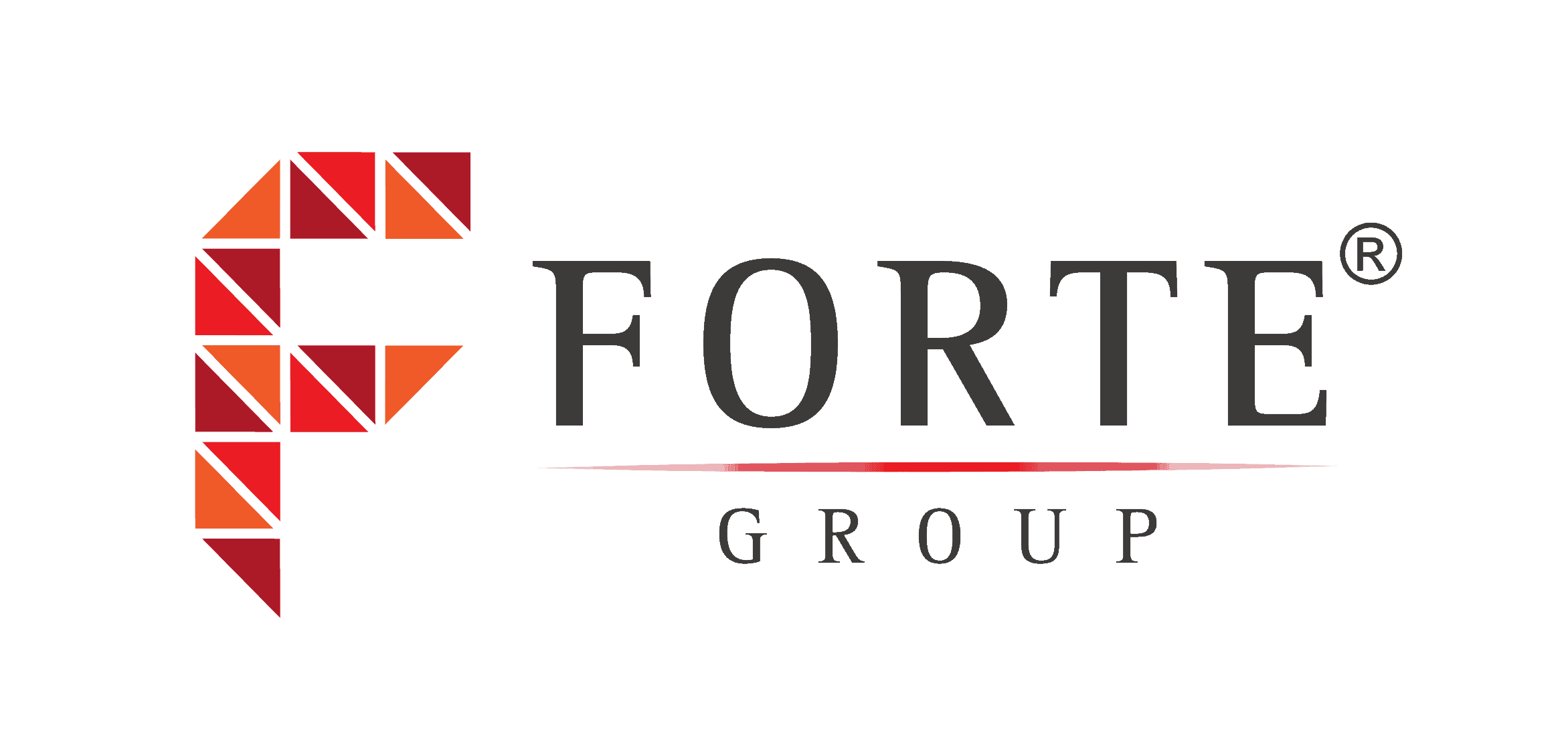With 2018 only a few weeks old, many will have made resolutions to either switch to healthier diet, start an exercise program, drink in moderation or even quit drinking altogether. What about resolutions to improve your financial health?
Here are three financial goals to consider setting in 2018. Whether you choose to do just one or to tackle all of them, you will be on the path to a better financial picture this time next year.
Mointor your cash flow; is it positive?
The key to reducing debt or saving more is to look at your cash flow. Therefore creating a budget that maps out your expected income, fixed expenses, amount you plan to set aside for savings can help you stay on track toward your financial goals.
For anyone who do not know where to start, you might want to employ Havard bankruptcy expert Elizabeth Warren’s “50/30/20 rule” for spending and saving. This means limiting your needs to 50 per cent and wants to 30 per cent of your after tax income. So how do to define which expenses are “needs” and which are “wants”? According to Warren, any payment that would severely impact your quality of life, such as electricity and prescription medicines, is a need. You should at least spend 20 per cent of your after tax income, repaying debts and saving money into your emergency fund and retirement accounts.[1]
Set yourself a goal to mointor spending with a tracking application in 2018 and review your monthly average in each category. You may be surprised to see how quickly those coffees and lunches add up!
Review your personal insurance; are you protected?
Insurance is not sexy. In fact it is viewed by many as just another bill, not an investment. However it is the foundation of any financial plan, as it protects us from catastrophic losses that can wipe us out.
So check your coverage especially if you life has undergone changes, to be sure that you have enough and not overpaying. Be on a look out for any overlap or unnecessary extra features in your policy that are adding up to your premiums. It also pays to periodically compare between insurance companies to see whether switching makes sense as different compaies adjust pricing frequently to meet competition or get more competitive with time.
Not to be overlooked is estate planning, make sure the beneficiaires you have designated in your life insurance, will and financial accounts are aligned with your current situation and wishes.
Tune up your retirement plan; are you prepared?
Savings for future retirement is the highest ranking goal among Asians, the Prudential Relationship Index (PRI) for 2017 showed. Some 46 per cent of people in the region are not confident about saving enough money to support themselves until the age of 80. Only about a third of Asians expect their children to support them financially in their old age. While in Singapore, only 24 per cent expect their children to do so. [2]
Hence, boosting your retirement savings is a cruical goal because the sooner you start building your nest egg, the more opportunity your money will have to grow.
For Singaporean, one strategy for retirement will inevitably be linked to our Central Provident Fund (CPF) savings. Have you ever consider topping up your CPF accounts so as to leverage attractive interest rates and benefit from the effect of compounding?
[1] https://www.forbes.com/sites/trulia/2016/07/11/new-to-budgeting-why-you-should-try-the-50-20-30-rule/#43852a0e32e9
[2]http://www.straitstimes.com/business/economy/saving-for-retirement-the-top-financial-goal-for-those-in-asia-survey
Please note:
The information contained in this article is for general guidance on matters of interest only. While we made every attempt to ensure that the information contained herein has been obtained from reliable sources, we are not responsible for any errors or omissions, or for the results obtained from the use of this information. Neither the information presented nor any opnion expressed constitues a solication for the purchase or sale of any financial products. As such, before taking any action you should seek advice from an independent professional advisor.








